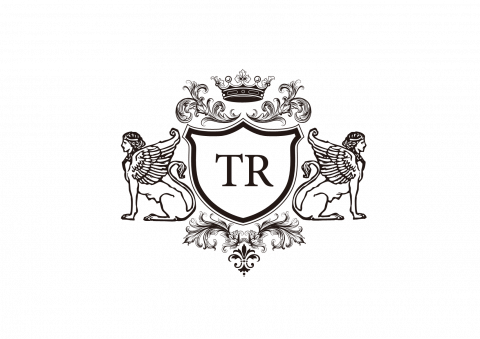
UNITAR Online Catalogue
Music and Disadvantaged Demographics

People
Time Ranger Inc
Background
Music is a cornerstone of development and is central to the lives of people of all cultures. Music is a universal langauge, it strengthened the community and empower the most disadvantaged groups in its own way. This time, the newly designed UNITAR event will focus on the power of music in healing people who are disadvantaged, or often ignored by the society.
This series hopes to embody the UN values and spirit through the art of music. The series will explore the benefits of music in our society, and encourage people to use music as a tool to promote quality education. We believe music strengthen the linkage between cultures and disadvantaged communities. This semimar will demonstrate how do music perform its function within different communities, and how does it benefit different groups that are facing harsh realities. The programme will be a collaboration between the United Nations Institute for Training and Research (UNITAR), which is the dedicated training arm of the United Nations and Time Ranger, Inc, who is dedicated to promoting music talent and interdisciplinary collaboration in contemporary arts.
Event Objectives
The goals of the courses are in conjunction with the Sustainable Development Goals:
Goal 3 - Good Health & Well-being
Goal 4 - Quality Education
Goal 5 - Gender Equality
Goal 10 - Reduce Inequality
Goal 11 - Sustainable Cities and Communities
This level of programme will increase the awareness on the power of music in different fields including: education, medical therapy, sustainable community development and gender equality. It will increase the number of beneficial audience and expand the accesses to music education in different world regions. It will also connect indigenous groups, rural population, and disadvantages groups with other parts of the world, increase understandings and reduce inequalities with music as a universal language and ameliorate working relationships both internally and externally to reach responsible outcomes, successful promotion on quality education. Music is a universal language, the introduction and the participation from different academic institutions will further prove the power of music as a borderless tool to connect people and thus, to promote long-term peace among an institution like the United Nations that advocates peace and harmony.